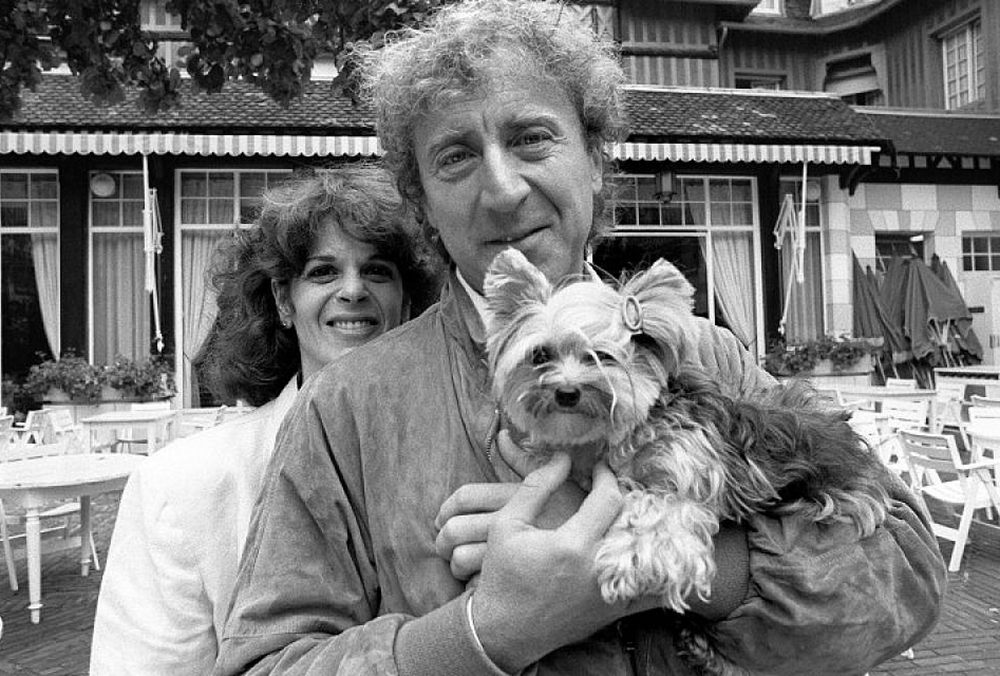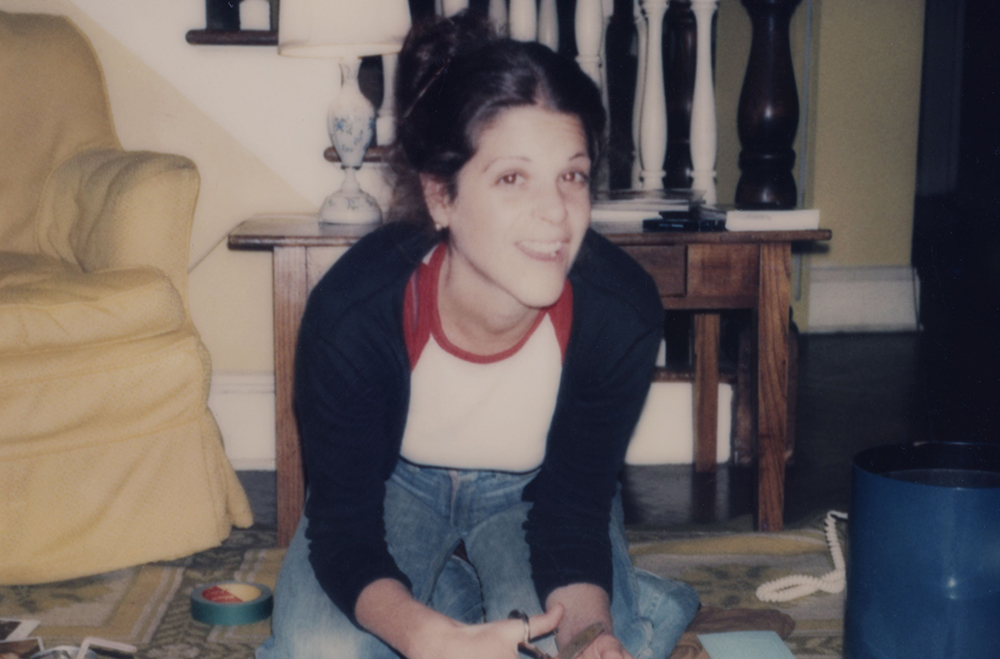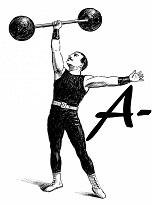“Love, Gilda,” a documentary by Lisa Dapolito, sheds light on the highs and lows in the life of the talented, free-spirited, and bonafide funny girl Gilda Radner. It also examines Radner’s rise in the ranks in the ’70s-’80s during her time as an SNL alum, despite the primary cast consisting of male comedians at the time. It also pulls focus on her later years, in enduring her chemotherapy treatment with grace before her untimely death to ovarian cancer.
While the documentary isn’t perfect or unique in its treatment of Radner, it remains mostly memorable as it depends almost entirely on Gilda’s own voice, using a combination of taped interviews and readings from her journal. It was also genuinely stirring to catch a glimpse of comedic heavyweights from my personal favourite era of SNL (the early 2000s lineup) such as Bill Hader, Amy Poehler, et al., who appear early in the documentary. They read excerpts from Radner’s frank and insightful diary entries, or tearfully reminisce about her influence on their comedic stylings. Equally-renowned comedian/actor Martin Short (who briefly courted Radner after mutually bonding with her over their theatre backgrounds) also appears. He is a class act with his open, honest commentary about emotional maturity at the peak of one’s career, as well as mental health in the limelight.
On Gene Wilder, Humour, and Life and Death
Most of my curiosity about Radner’s life particularly stemmed from growing up on cable TV re-runs of the amusing (but poorly received) movie “Haunted Honeymoon.” It was her final movie role and collaboration with husband Gene Wilder (who also directed the venture), and later from reading up about the couple’s heartwarming fairytale romance. And while regrettably Wilder passed away in 2016 before the release of this documentary, the clips from their home videos will definitely leave one moist-eyed.
An instance of this includes Radner being filmed in her hospital room by Wilder (at her own behest) as the seasoned comic preps for chemotherapy. She starts with her trademark, infectious radiance, but later laments about her hair falling out to him, all while he sportingly eggs her on with loving, body positive remarks from behind the camera. Or there’s another, where he gently wakes her up with a kiss and surprises her with a visit from their pet dog, Sparkle. These aforementioned scenes — as well as the inclusion of Gilda’s diary entry describing her life ‘instantly transforming from black and white to Technicolor’ upon meeting her Prince Charming (Gene) — really do replenish one’s faith in the existence of true love.
An Impassioned Homage Despite its Struggles
 “Love, Gilda” does hit a few wrong notes with its structure and editing, however, as many scenes either feel repetitive or are bereft of flow. The film rushes some pivotal moments — such as Gilda losing her biggest fan (her father) at an early age — which it could have worked to explore in a more in-depth fashion. While the efforts to address sexism in the television industry in particular are rightfully apropos, the execution lacks impact and sometimes rings hollow. Instead of allowing Gilda’s female colleagues or her contemporaries such as SNL alumni Laraine Newman and Cecily Strong to voice their personal perspectives on this topic, the doc sidelines them in favour of a seemingly-bitter Chevy Chase mansplaining his way through the same.
“Love, Gilda” does hit a few wrong notes with its structure and editing, however, as many scenes either feel repetitive or are bereft of flow. The film rushes some pivotal moments — such as Gilda losing her biggest fan (her father) at an early age — which it could have worked to explore in a more in-depth fashion. While the efforts to address sexism in the television industry in particular are rightfully apropos, the execution lacks impact and sometimes rings hollow. Instead of allowing Gilda’s female colleagues or her contemporaries such as SNL alumni Laraine Newman and Cecily Strong to voice their personal perspectives on this topic, the doc sidelines them in favour of a seemingly-bitter Chevy Chase mansplaining his way through the same.
Ultimately, despite the glaring chinks in its armour, “Love, Gilda” is still worth a watch. It acts as a rather impassioned homage to a woman who was larger than life. Gilda Radner is still remembered for her sheer skill at physical comedy and comic timing, but also for her magnetism and a voracious go-getter attitude that broke from the norm.
Look for “Love, Gilda” on streaming networks where you find your favorite films and TV shows.



